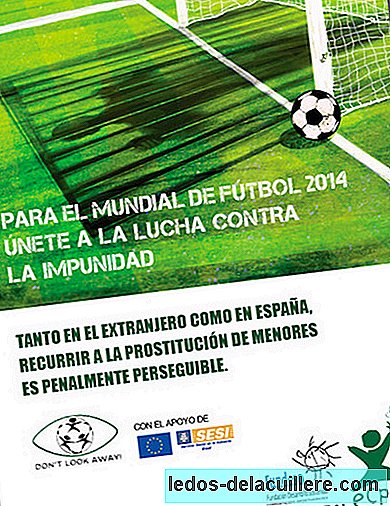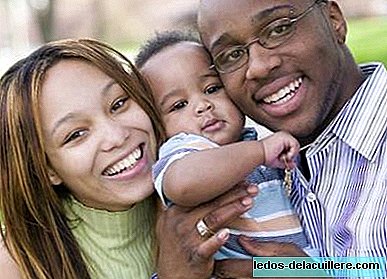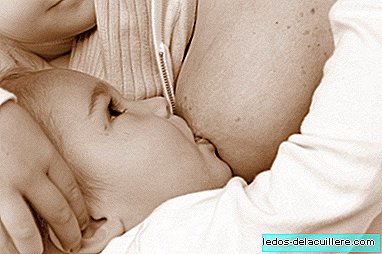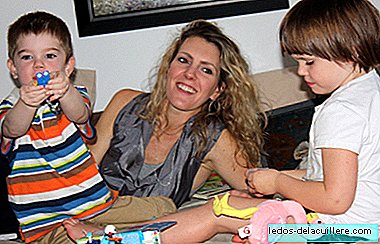
On June 12, the 2014 World Cup in Brazil will begin, and before we are subjected to media pressure diverting our attention to the participating teams, and the emotion that many people cause this type of events, I would like to talk about a campaign that you probably already know.
Last December 'Don't Look Away' was launched (don't look the other way), promoted by ECPAT, in collaboration with SESI, the Government of Brazil, and the European Union. The reason? the need to implement different actions globally and especially in Brazil, to minimize the risk related to Commercial Sexual Exploitation of Children and Adolescents in the World sporting events.
Known as slavery of the 21st century, it is the sexual exploitation of children and adolescents by a person or persons who move from their place of origin or home country, with the objective of establishing sexual contact with children and adolescents. According to data from the United Nations Office on Drugs and Organized Crime (UNDOC), commercial sexual exploitation is the third illegal industry in the world, after drug and arms trafficking. It is known that more than 2,000,000 children and adolescents are forced to enter the world sex market. Also in Brazil? Unfortunately if, In fact, the Brazilian police estimate 250,000 the number of minors in a situation of sexual exploitation.
It is not necessary to think much to discover that for the organized networks that force these minors to prostitute themselves, an event like a World Cup is an opportunity to profit, due to the number of people from all countries that will go to Brazil
Of course, the main reason for this type of travel is to have fun, to have the chance to live the World Cup Live, and to know the world. But the responsibility of some collides with the lack of scruples of others, and that is why the Campaign (endorsed by sports information media) has requested adherence to the initiative of individuals and institutions, and has been addressed through a collection of signatures to the Minister of Industry, Energy and Tourism.
The Spanish tourism sector is requested Acquire commitment to fight against child prostitution, and companies are appealed, to exercise responsibility by establishing a Code of Conduct so that personnel can detect suspicious situations, and act accordingly.
Commercial sexual exploitation of minors is a crime
The commercial sexual exploitation of children and adolescents is a serious violation of Human Rights and Children's Rights. Is defined as "sexual abuse by the adult and remuneration in cash or in kind to the child or a third party or third parties ”and is a process in which“ the child is treated as a sexual object and a commercial object"Which" constitutes a type of coercion and violence against the child, comparable to forced labor and a form of contemporary slavery "(Declaration and Agenda for Action Against the Commercial Sexual Exploitation of Children and Adolescents, Stockholm, nineteen ninety six).
The tourism sector (hotels, agencies, airlines, tour operators, etc.) can be strategic to prevent these abuses, but only some Spanish companies have signed a Code of Conduct by which they undertake to train their personnel to detect suspicious situations, to facilitate that these cases can be reported without any internal conflict, and other similar aspects.
This form of exploitation constitutes a criminal practice that degrades children and adolescents and threatens their physical and psycho-social integrity.
In Spain, abuses against minors committed by Spaniards abroad are criminally prosecutable, so in this case, the fight against impunity is not so difficult. Since if this type of criminal behavior is observed, the National Police or the Civil Guard can be notified directly.
The Campaign is coordinated by ECPAT France in collaboration with five other groups in the network; and it is developed at different levels in 16 countries, thus configuring a broad network of protection for children and adolescents. In Spain, it has the coordination of the Sustained Development Foundation (FUNDESO), and the support of FAPMI - ECPAT Spain.












